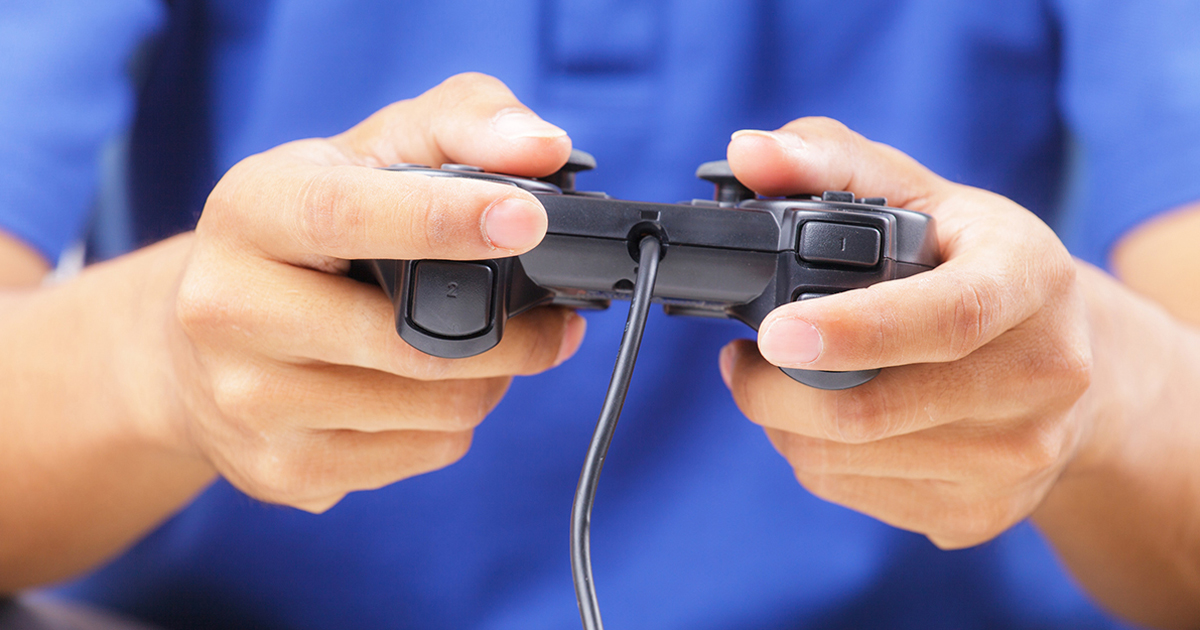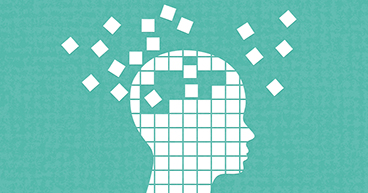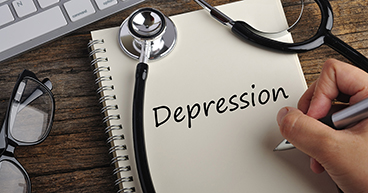
Playing a video game requires mental agility and focus. You have to target bad guys, learn new skills to advance and remember how to use your controller to jump over that bomb in the road or to avoid the assassin hiding in the corner. The action playing out on screen isn’t real life, but the learnings and effort involved may have real-world applications. For cancer patients who have trouble focusing on certain tasks or remembering what they were looking for in the kitchen, for example, the games may exercise their brain and help them combat confusion, memory loss and other treatment-related side effects.
Memory and cognition challenges, in fact, are a common side effect of cancer treatment, affecting nearly 75 percent of patients, according to the American Society of Clinical Oncology (ASCO). Issues may include difficulty learning new information or tasks, having trouble multitasking, recalling common words, names or dates, or just taking longer to process information. Because video games require players to move rapidly, keep track of many things at once and make decisions quickly, some studies show the games may improve patients’ attention, perception, memory and decision-making skills. That’s why some in the medical field are urging patients to play them.
The 'homework' approach
Think about it like homework. Working a handful of Sudoku puzzles each week and tackling The New York Times crossword puzzle are popular ways to flex the cranial muscle. Add video game play for 20 minutes three times each week to your brain workout, and you may find it helps improve your mental clarity. “If patients play games that zero in on their cognitive needs, help them track their progress and give providers a way to improve the delivery of patient care, it’s a win-win,” says Katherine Anderson, Chief of Naturopathic Medicine at Cancer Treatment Centers of America® (CTCA).
Of course, like all homework, video games can never replace face-to-face visits with your provider, but they may supplement what you’re learning at the therapist’s office. “This would be a supplement patients may enjoy doing, too,” Anderson says.
Research pointing to the cognitive benefits of playing video games has popped up across the medical world in the past decade. A video game released in 2008 even used the scientific data to design a game for pediatric cancer patients. Re-Mission, and now the more recently released Re-Mission 2, gives the young patients an empowering challenge: Instead of targeting bad guys, they’re shooting cancer cells. Their weapons? Chemotherapy and antibiotics. One study found that patients who played the game were more likely to stay on their treatment plans and knew more about cancer overall than those who didn’t play it.
Project EVO
Another game, called Project: EVO™, launches players down an icy river, challenging them to tap on blue fish while avoiding fish of other colors. A study found that the game helped improve the mood and mental capacity of older adults suffering from depression. The study also concluded that older adults who played the game were better able to focus and were less easily distracted. Project: EVO is now undergoing clinical studies to see if it could also help patients with ADHD, autism, Alzheimer’s disease and traumatic brain injury.
“With video games used as therapy, we can tailor a patient’s games to treat his or her needs,” Anderson says. “There are games out there that start with an initial quiz and then advance from there based on your score. There are games that are more fun that teach you how to be more optimistic and more resilient. And there are other games that focus more on memory capacity. This is really new in the area of oncology, and it’s really exciting.”



